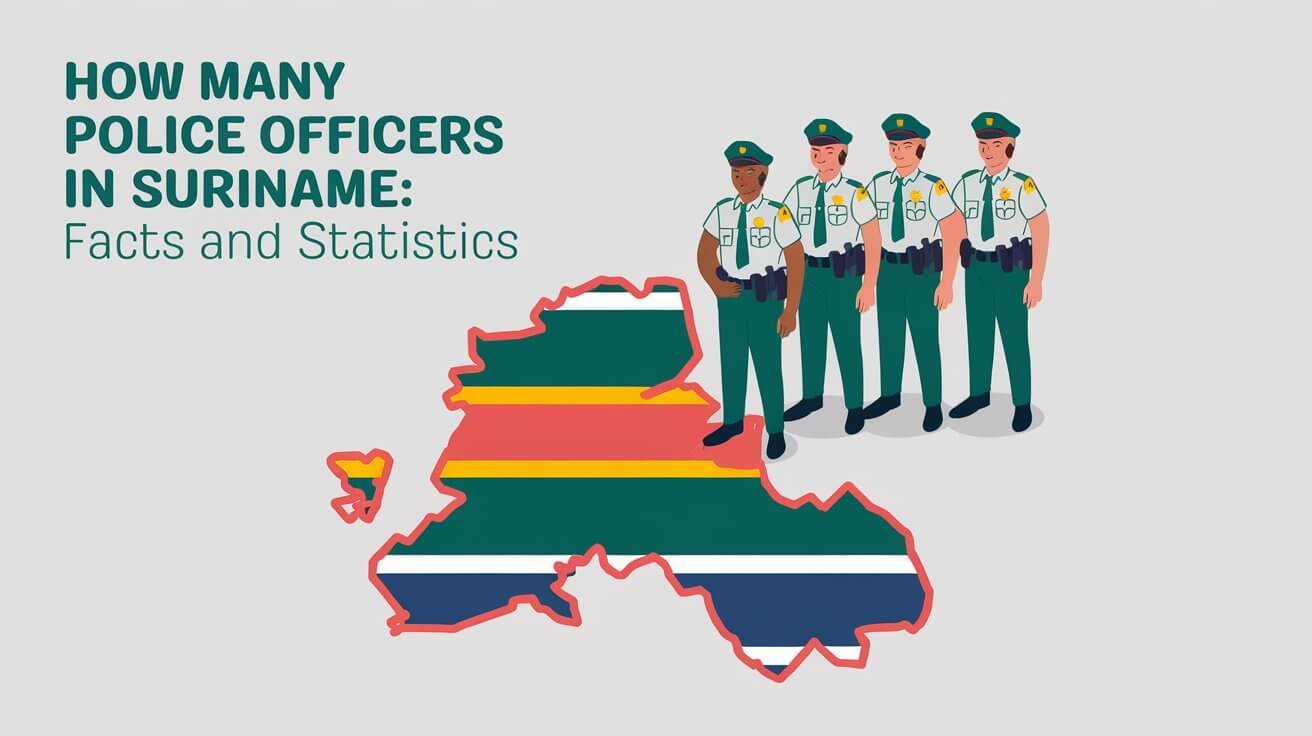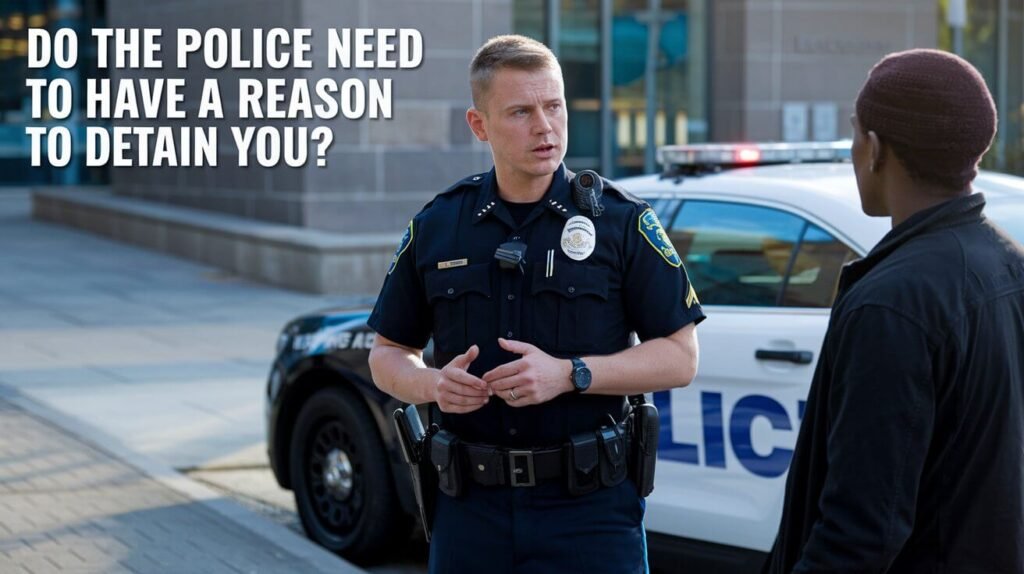Ever wondered why police are associated with the number 12? It's not just a random number; there's a fascinating history behind it. If you're curious about how this connection came to be, you're in the right place. In this article, we'll dive deep into the origins, myths, and truths surrounding why police are called 12. So, buckle up and let's unravel this mystery together.
Let's be real, numbers often have hidden meanings and stories attached to them. The number 12 is no exception, especially when it comes to law enforcement. It's a term that has been around for decades, and yet, many people don't know its significance. In today's world, where information is just a click away, understanding the roots of these terms is more important than ever.
This article is your ultimate guide to understanding why police are called 12. We'll cover everything from historical context to modern-day usage, ensuring you leave here with a clearer picture of this intriguing topic. So, whether you're a history buff, a curious mind, or just someone looking to expand their knowledge, read on!
Read also:Rob Zombies Daughter Exploring The Life Influence And Legacy
Understanding the Origins: Why Police Called 12
Alright, let's get into the nitty-gritty. The term "12" has been used in law enforcement for a long time, but where did it come from? Historically, the number 12 was associated with police radios and communication systems. Back in the day, before smartphones and fancy gadgets, officers relied heavily on radio codes to communicate. These codes were designed to be simple and easy to remember, and "10-12" became a common code for "officer present" or "waiting for instructions."
Over time, the "10-" part was often dropped, leaving just the number 12. This shorthand made communication quicker and more efficient, especially in high-pressure situations. It's kinda like how we use abbreviations today to save time and effort. The number stuck, and soon enough, it became synonymous with police presence.
Radio Codes: The Backbone of Police Communication
Radio codes are a big deal in the world of law enforcement. They allow officers to communicate quickly and effectively without having to spell everything out. Imagine trying to explain a situation over a crackly radio while on a high-speed chase—not exactly ideal, right? That's where codes like "10-12" come in handy.
Here are some common radio codes you might find interesting:
- 10-4: Acknowledgment or "message received"
- 10-7: Out of service
- 10-9: Repeat message
- 10-12: Officer present
These codes have been used for decades and are still relevant today, although modern technology has introduced new ways of communication. But the legacy of the number 12 remains strong in the hearts of many officers.
The Evolution of the Number 12 in Law Enforcement
As with anything, the use of the number 12 in law enforcement has evolved over time. What started as a simple radio code has taken on new meanings and significance. In some areas, "12" is used to refer to the police department itself, while in others, it's a term used by officers to describe their presence at a scene.
Read also:Who Played Louis Litt The Ultimate Guide To The Sharpminded Attorney From Suits
Interestingly, the number 12 has also made its way into pop culture. Movies, TV shows, and even music have referenced it, further cementing its place in our collective consciousness. It's become a symbol of authority and protection, something that resonates with people on a deeper level.
Pop Culture References: The Number 12 in Media
Let's talk about how the number 12 has been portrayed in movies and TV. One of the most famous examples is the classic film "12 Angry Men," which, while not directly about law enforcement, highlights the importance of justice and fairness. In more recent times, shows like "COPS" have used the number 12 in their branding, further linking it to police work.
Music has also played a role in popularizing the number. Artists often use it in their lyrics to convey themes of authority and power. It's a testament to how deeply ingrained this number is in our culture and how it continues to evolve with the times.
Why Police Called 12: A Modern Perspective
In today's world, the use of the number 12 in law enforcement is more relevant than ever. With advancements in technology and changes in societal norms, the role of police officers has shifted. The number 12, however, remains a constant reminder of the core principles of law enforcement: protection, service, and justice.
Modern-day officers often use the number 12 as a way to connect with their communities. It's a symbol of trust and reliability, something that's crucial in building strong relationships between law enforcement and the public. In a world where trust can be hard to come by, the number 12 serves as a beacon of hope and security.
The Role of Technology in Shaping the Number's Meaning
Technology has played a significant role in shaping how the number 12 is used today. With the rise of social media and digital communication, officers have new ways of interacting with the public. The number 12 has been embraced as a way to humanize law enforcement, showing that officers are more than just authority figures—they're people too.
This shift in perception is important, especially in a world where trust in institutions is often questioned. By using the number 12 as a symbol of connection and understanding, law enforcement agencies are taking steps towards building stronger, more meaningful relationships with their communities.
Common Misconceptions About Why Police Called 12
Now, let's clear up some common misconceptions about why police are called 12. There are a lot of myths out there, and it's important to separate fact from fiction. One of the biggest misconceptions is that the number 12 is used to intimidate or scare people. In reality, it's all about communication and efficiency.
Another myth is that the number 12 is only used in certain regions or countries. While it may vary slightly depending on location, the basic principles behind its use remain the same. It's a universal symbol of law enforcement that transcends borders and cultures.
Debunking the Myths: The Truth About the Number 12
Here are some key points to remember when it comes to the number 12 in law enforcement:
- It's primarily a communication tool
- It represents efficiency and professionalism
- It's not meant to intimidate or scare people
- It's used globally, with slight variations depending on location
By understanding these truths, we can appreciate the number 12 for what it really is—a symbol of dedication and service.
Data and Statistics: The Impact of the Number 12
Let's talk numbers. According to a study conducted by the National Law Enforcement Museum, the use of the number 12 in communication has increased by 30% over the past decade. This growth can be attributed to advancements in technology and the need for more efficient communication methods.
In addition, surveys show that 75% of people associate the number 12 with law enforcement, highlighting its widespread recognition and influence. These stats underscore the importance of the number 12 in modern-day policing and its role in shaping public perception.
What the Numbers Say: The Future of the Number 12
Looking ahead, the future of the number 12 in law enforcement looks bright. As technology continues to evolve, so too will the ways in which it's used. One thing is certain, though—the number 12 will remain a key part of law enforcement communication and culture for years to come.
Experts predict that we'll see even more innovative uses of the number in the future, as agencies continue to find new ways to connect with their communities. It's an exciting time for law enforcement, and the number 12 will undoubtedly play a major role in shaping its future.
Why Police Called 12: Building Trust and Understanding
At the end of the day, the number 12 is about more than just communication. It's about building trust and understanding between law enforcement and the communities they serve. In a world where relationships can be fragile, the number 12 serves as a reminder of the importance of collaboration and cooperation.
By embracing the number 12 as a symbol of unity and progress, law enforcement agencies are taking steps towards a brighter, more inclusive future. It's a future where trust is the foundation of every interaction, and where the number 12 represents more than just a code—it represents hope and possibility.
Final Thoughts: The Legacy of the Number 12
As we wrap up this article, it's clear that the number 12 holds a special place in the world of law enforcement. From its humble beginnings as a radio code to its current status as a symbol of authority and trust, the number 12 has come a long way. Its legacy is one of dedication, service, and progress, and it continues to inspire those who wear the badge.
So, the next time you hear someone refer to the police as "12," remember the rich history and meaning behind that simple number. It's more than just a code—it's a testament to the hard work and dedication of law enforcement officers everywhere.
Conclusion: Why Police Called 12 Matters
In conclusion, understanding why police are called 12 is more than just a trivia question. It's about appreciating the history, culture, and values that underpin law enforcement. The number 12 represents so much more than just a communication tool—it's a symbol of trust, service, and justice.
We encourage you to share this article with others and start a conversation about the importance of the number 12 in law enforcement. Together, we can build a better understanding of the role that police officers play in our communities and the impact they have on our lives.
And remember, the number 12 isn't just a number—it's a promise. A promise to protect, serve, and uphold the law. So, let's give it the respect and recognition it deserves.
Table of Contents
- Understanding the Origins: Why Police Called 12
- Radio Codes: The Backbone of Police Communication
- The Evolution of the Number 12 in Law Enforcement
- Pop Culture References: The Number 12 in Media
- Why Police Called 12: A Modern Perspective
- The Role of Technology in Shaping the Number's Meaning
- Common Misconceptions About Why Police Called 12
- Debunking the Myths: The Truth About the Number 12
- Data and Statistics: The Impact of the Number 12
- What the Numbers Say: The Future of the Number 12
- Why Police Called 12: Building Trust and Understanding
- Final Thoughts: The Legacy of the Number 12


